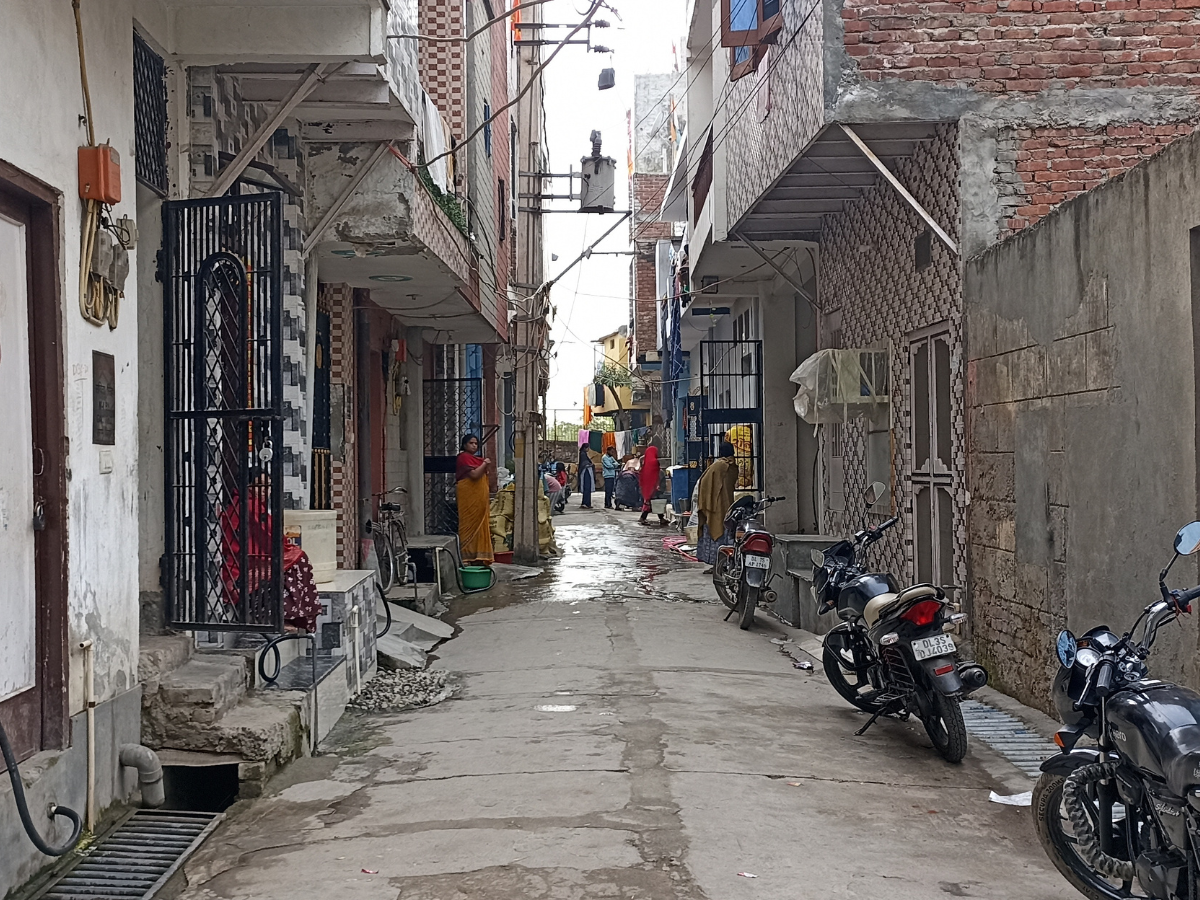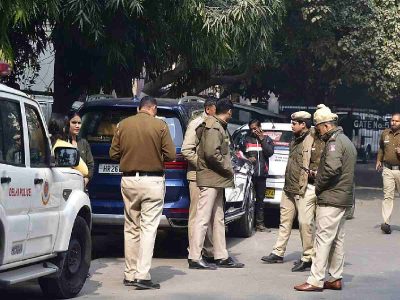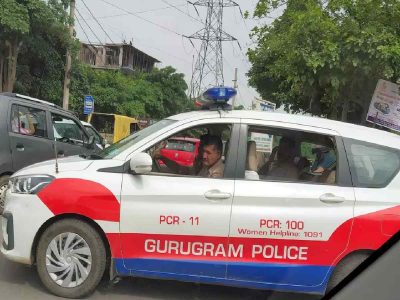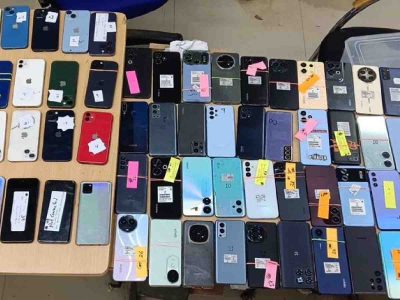The brutal murder of a 17-year-old school student by a group that included a juvenile has brought back the focus on the increasing crimes involving minors in the national capital. According to the latest National Crime Record Bureau (NCRB) report for 2022-2023, Delhi recorded the highest number of crimes committed by juveniles for the third year in a row. In 2022 alone, the city saw a total of 2,336 crimes, including 92 murders and 154 attempted murders.
The alarming trend also led to a record number of 729 juveniles being sent to juvenile homes in 2022.
Soon after the incident, the Delhi government’s Department of Education issued guidelines directing all government and private schools in the national capital to adhere to the “Minimum Standards of School Safety”.
Anuna Bordoloi, a consultant clinical psychologist based in Delhi-NCR, highlighted the impact of increased screen time, particularly on children’s behavioural patterns. She proposed supervised screen time to mitigate the negative effects of increased screen time.
“Children learn through modeling. They copy what they see around them. If not experienced directly, they experience through web series or social media. Nowadays, children are exposed to a lot of aggressive content. This early exposure can lead to aggressive behaviour in children,” she said.
Aruna Agarwal, a child psychologist based in Mumbai, delved into how these measures may affect children. She said it is necessary to ensure a safe space for children. “These directives will help in the long run to ensure the safety of the students; however, to ensure that a child does not feel targeted, each school should also hold counselling sessions to make it easier for them to adjust to the changes around them.”
A senior Delhi Police official told Patriot that the said guidelines will be implemented as per due process. Ranjay Atrishya, an Assistant Commissioner of Delhi Police, said most juvenile delinquency instances can be attributed to the national capital’s floating population.
“Most of Delhi has a floating population in the sense that most are migrants, which makes it easier for them to commit a crime and evade us. However, more importantly, we have a better track record when it comes to lodging complaints than other states, which is why we have the highest registered cases,” he said.
Atrishya added that the police are also prepared to rehabilitate these minors through their “Yuva Programme”. “ We offer vocational training to them and also help them set up their own businesses if they want to,” he stated.
Rituparna Ghosh, a senior psychologist based in Mumbai, stressed the importance of rehabilitating juveniles and teenage offenders. She noted that the lack of counselling and behavioural therapy contributes to recidivism, adding that it is essential to integrate them back into society. Ghosh identified short attention spans and impulsive behaviour, likely resulting from playing violent video games and social media exposure, as major contributing factors to crime.
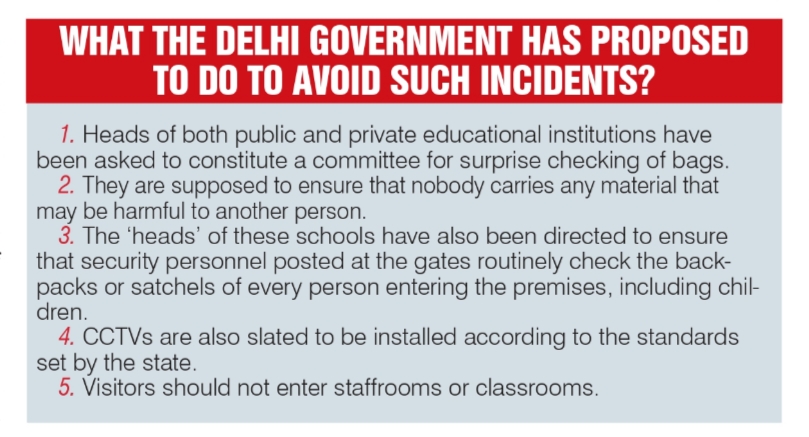 “There are instances when these adolescents and children depict behaviour that may seem ‘habitual’ in hindsight. Sometimes, they come out of a correctional facility and go back to committing a crime again. It is because of a lack of counselling or behavioural therapy offered to them, which means that they cannot go back to becoming a part of the society like normal again,” Ghosh said.
“There are instances when these adolescents and children depict behaviour that may seem ‘habitual’ in hindsight. Sometimes, they come out of a correctional facility and go back to committing a crime again. It is because of a lack of counselling or behavioural therapy offered to them, which means that they cannot go back to becoming a part of the society like normal again,” Ghosh said.
On February 17, 17-year-old Rohan Sharma was murdered in broad daylight in South Delhi’s Sangam Vihar. Delhi police have apprehended three suspects, including a juvenile. However, Rohan’s family is dissatisfied with the police investigation so far as they believe that ten people were involved in the murder.

